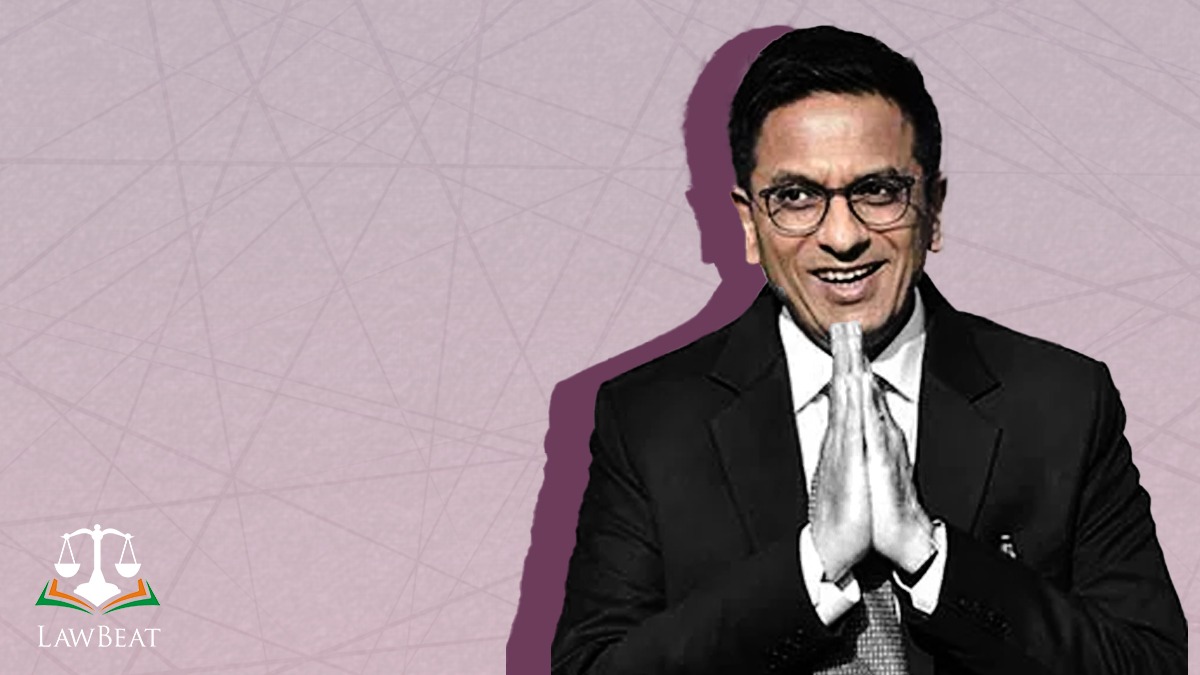We Will Not Take This Elitist View That We Do Not Want To See Beggars On The Streets: Justice DY Chandrachud

Supreme Court today while hearing a plea seeking rehabilitation and vaccination of beggars/vagabond/homeless people, said,
“Why do people beg? It is a reflection of their poverty. We will not take this elitist view that we don't want to see beggars on street. This is a socio-economic condition, cannot be remedied by direction of this nature.”
While granting liberty to amend the said prayer, Court issued notice to the Union of India and the NCT of Delhi attending to the immediate reliefs of vaccination and medical facilities. The matter will be heard next, after 2 weeks.
A Division Bench of Justice DY Chandrachud and Justice MR Shah, as a part of the order, said,
“At the outset court has indicated to the petitioners that it is not inclined to countenance a prayer seeking a direction of part 1 of the prayer. The reason why people are required to take to the streets to beg is to scout some elementary livelihood due to the absence of education and employment.
In view of the clarification and since the first part is not pressed we issue notice.
We grant liberty to amend the prayer 1 so as to bring it in conformity with the pleadings.”
Filed by AOR Mohit Paul and assisted by Advocate Sunaina Phul, the petition seeks a writ of Mandamus,
- To direct respondents to restrain beggars and vagabonds/homeless from begging on traffic junctions, markets, and public places to avoid the spread of the covid-19 pandemic in all the states and union territories across India, rehabilitate them, and to further ensure food, shelter, and basic medical amenities including covid-19 vaccination to them.
- To rehabilitate the beggars with the help of Social Departments and Distt. Magistrates.
- To direct the respondents to make sure food, shelter, and basic medical amenities including covid-19 vaccination to beggars across all states and UT’s in India.
- Issue necessary guidelines in this respect until parliamentary legislation is brought into force.
- To direct the respondents to accumulate data related to such persons.
Case Title: Kush Kalra v. Union of India
